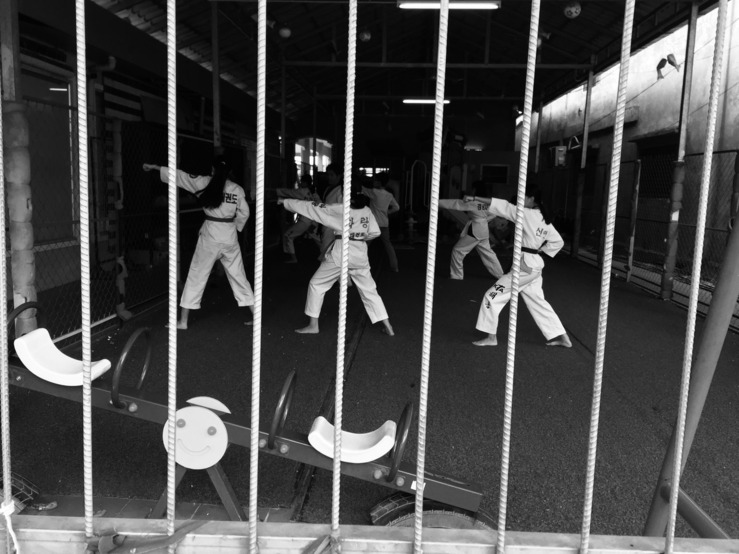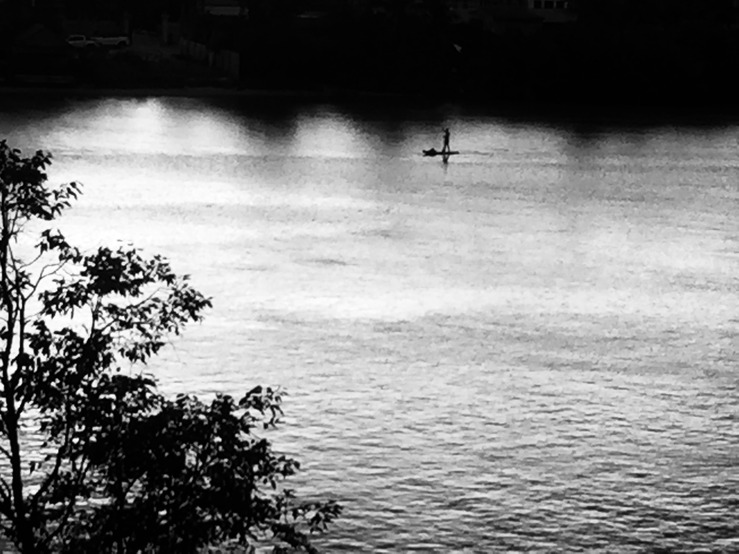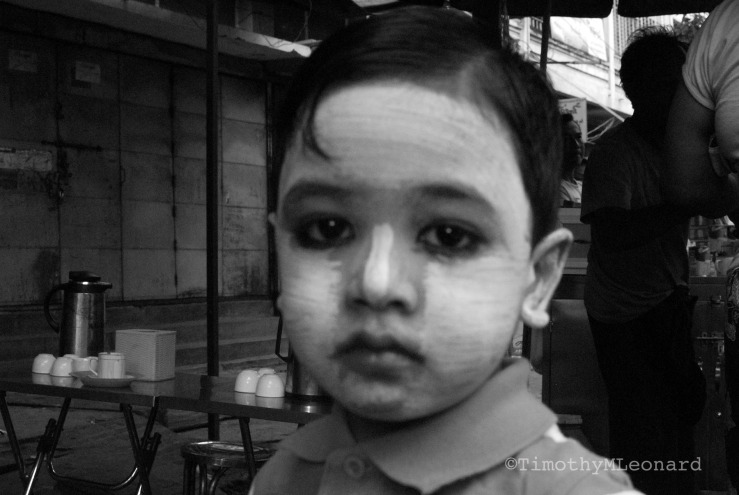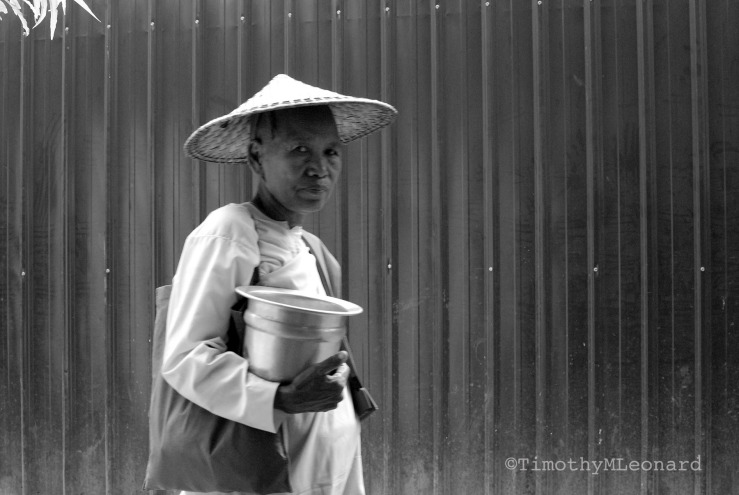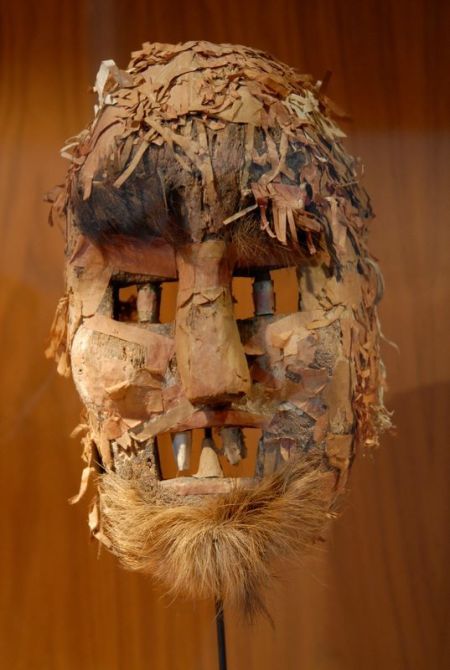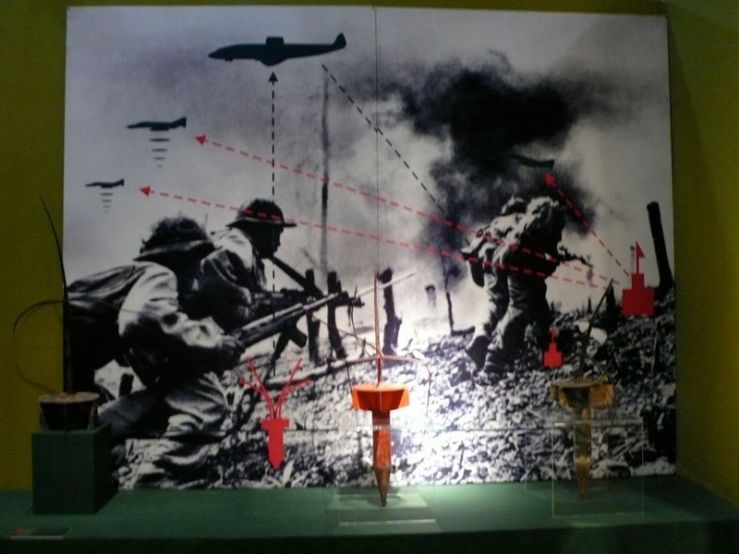The author was in Morocco on 9/11.
Twice a week he left #187 and walked through dusty stone rubble past discarded plastic trash and small broken trees to the Moroccan hammam. The Turkish style public bath cost seventy cents.
The left side was for women, men on the right. He paid the shy girl behind her veil, went in, stripped to underwear, crammed his clothes in a plastic bag, handed it to a smiling toothless Moor, and got two buckets made of old tires remembering the suq alley in the Medina where boys cut the rubber, hammered, made and sold these buckets.
He pushed open a heavy wooden door. Three medium vaulted arched white tiled rooms receded with increasing degrees of heat and steam. Men reclined on heated tiled floors, collected cold or hot water from faucets in buckets, soaping and scrubbing themselves down.
Passing unrecognizable human forms he entered heat’s mist dream, walked through two rooms and found a space near a wall. He filled one bucket with scalding hot water and another with temperate liquid. He stretched out on his back absorbing heat and closed his eyes.
Heat penetrated his skin. It was a respite from the outside world, the chaos of poverty, begging, humor and hospitality. No one could see him, no one knew him. Feeling peace he rolled onto his side as heat blasted skin, muscles and bones.
Inside steam and water music sweating men slapped themselves on the broiling floor. He watched an old wiry man dissolving kinks bend a customer’s arms and legs into pretzel formations. The skinny bald man energetically worked wrists, elbows, shoulder joints to the point of snapping them off skeletons. He rolled patrons over, pummeling spinal chords, slapping backs while bending knee joints leaving men spread eagle on wet tiled floors. Content faces welcomed his attention.
Satisfied with the meditation, Point sat up, soaped and scrubbed layers off skin with a rough hand cloth. He rinsed oceans across inlaid tiles, walked out, retrieved his bag of clothing, covered himself with an ikat sarong slipping out of wet underwear into dry clothing. He gave the attendant a small tip. The old man smiled, shook his head, rolling his eyes. It wasn’t enough. He dropped more coins into brown frozen fingers.
“Shukran. M’a salama.”
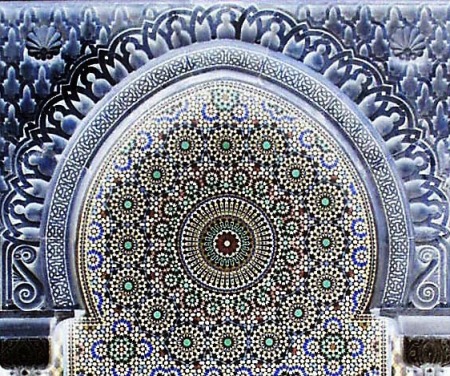
He stepped into cool night air. The dusty path was filled with scooters, boys playing on abandoned rusty cars, scavengers probing piles of trash and mothers dragging black gown hems on the ground. Bright yellow slippers slapping earth flashed light in silt. Wandering children sang happy innocent songs.
A one-eyed beggar stumbled past looking for alms. Point gave him one thin coin and skirted an alley through debris for thick black coffee at a local cafe. Entering, he passed men watching 24-hour global terrorism catastrophes at full volume from a television propped on steel supports hanging from a ceiling.
“Ah, Ahab,” said the waiter, a smiling young man in a purple vest balancing a silver tray of cups and water glasses.
“Coffee?”
“Yes please, no sugar,” gesturing outside where empty tables littered cracked pavement. Dejected desperate shoeshine boys tapped wooden boxes. Their dark unemployed eyes inspected shoes of chronically idle men drinking coffee and endless glasses of tea. A hopeful boy wandered in and out of tables tapping his shoe box. Strong mint tea aroma filled the air.
At the bar a waiter cut mint tea leaves, crammed them into a silver plated kettle, dumped in a brick of sugar, closed the lid, raised the pot and poured a steady stream of light brown tea into a small purple embossed glass. Opening the lid he dumped the tea back into the pot and placed it on a table with glasses, spoons and sugar cubes.
A subtle red color extended across a high adobe wall. The Atlas mountain range wore white snow.
Women in billowing rainbow fabrics walked across the desert from clustered stone villages to take a local bus into the shimmering Red City or sit on broken cement stones along the road talking with friends enjoying their social hour in eternity.
Dusk and twilight married to procreate many children. More field hands, more child labor in dead end trades making less than a $1.00 a day. Many would walk to northern Morocco and, if lucky with money, slip across the Mediterranean into Spain. Some angry marginalized naive kids would join T cells in Madrid, or Hamburg and disappear in Europe. A select few would attend flight training school in Florida. Others became wealthy drug runners wheeling and dealing hash heaven in Amsterdam.
Women sat gossiping on cracked pavement surrounded by trash. People discarded their lives as they went through it like caterpillars morphing into exotic species. Attempts to plant a single tree inside a small block of dirt surrounded by cement had proved futile.
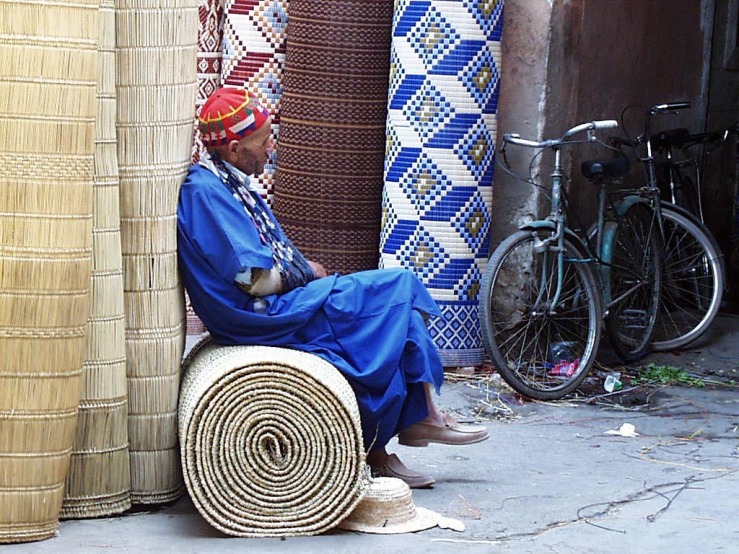
People had stripped off the branches and leaves leaving a sharp broken piece of wood sticking out of the ground. People wandered aimlessly or sat in dust. Unemployed men on haunches stared at the ground. A fruit seller with cardboard boxes of green grapes under a single bulb on a rolling cart waved at lazy flies.
A man in his wheelchair poured bottled water over a handful of grapes. Grapes of wrath. Water disappeared into dust around his wheels of life. He ate one grape at a time watching laughing boys weave past on broken bikes as rusty chains grasped crooked sprockets.
A bearded man struggled along the street collecting discarded pieces of cardboard in his recycled life. Cardboard was utilitarian - a cheap sidewalk seat, a foundation in rolling carts to keep stuff from falling out the bottom, sun hats, beds and doormats in front of shops after infrequent rain.
Shredded telephone wires dangled from the wall of a telephone business office cubicle as men with mobile phones punched in numbers and lined up to make calls on the single working phone.
Disconnected grease covered boys manipulated mammoth truck tires along broken sidewalks to their shop. Tools spilled into public paths. The area was alive as people relying on their survival instincts scrambled to make a living.
Off the main road people set up evening flea markets. Two men unloaded piles of shoes from the back of a car along a sidewalk. Location, location, location. One seller spread a bright blue tarp on the ground anchoring it with bricks. His partner arranged cheap dress and casual shoes for potential buyers. No ‘adidas berber’ shoes for these guys.
They fired up a propane lamp. Neighborhood people escaping small flats after a day of oppressive heat prowled the street with friends looking for a bargain or just plain looking.
A Century is Nothing

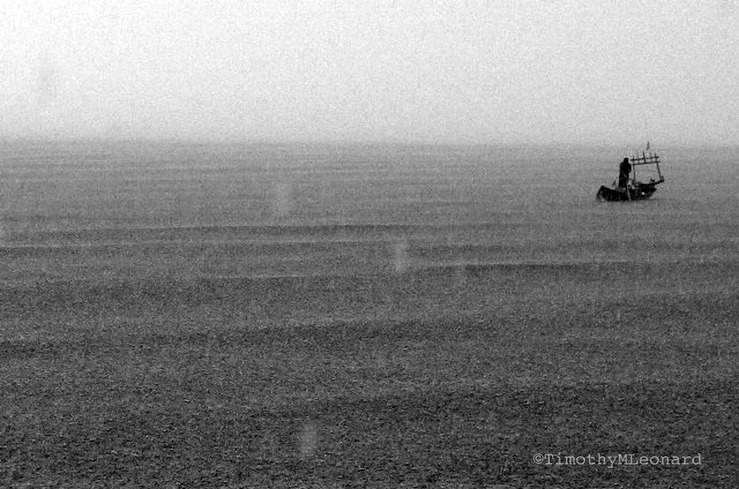
![Weaving A Life (Volume 1) by [Timothy Leonard]](https://m.media-amazon.com/images/I/517CcU3NQ1L.jpg)






 Share Article
Share Article 